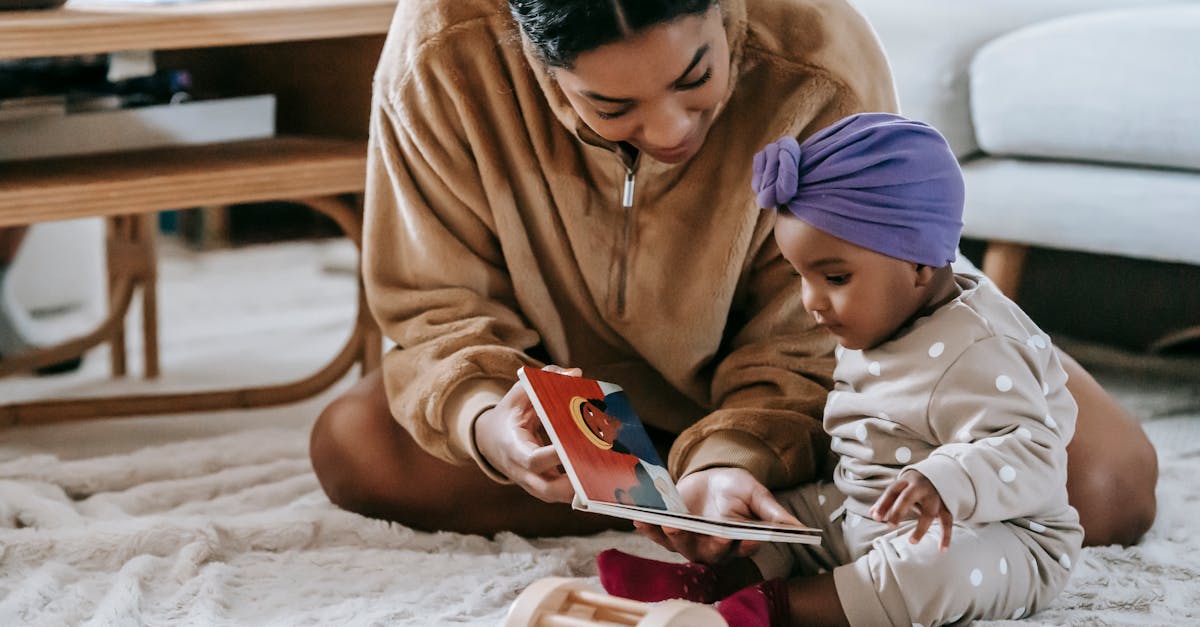Why Play Matters in Cognitive Development
Ever wondered why playtime feels like it should be renamed to growth-time? That’s because play is the gym where your baby’s brain gets its workout. And not just any workout, but one meticulously designed for cognitive gains. From enhancing memory to boosting problem-solving skills, play shapes a baby’s development in ways that are both fascinating and vital. Let’s dive into why turning your living room into a playground might just be the best investment in your child’s future.

Unlocking the Power of Sensory Play
Sensory play is like the secret sauce to cognitive development. It’s all about touching, smelling, tasting, seeing, and hearing. This type of play isn’t just fun but is a cornerstone in building nerve connections in the brain’s pathways.
Imagine your baby squishing some playdough. That simple act? It’s laying the foundations for language, cognitive growth, and fine motor skills. So, next time you’re cleaning up a playdough mess, remember, it’s not just playdough; it’s the building block of brain architecture.

The Magic of Peek-a-Boo: Emotional Intelligence Through Play
Remember the first time your baby laughed during a game of peek-a-boo? That wasn’t just adorable; it was educational. Such simple games teach babies about object permanence and emotional intelligence, playing a crucial role in cognitive and emotional development. It’s through these playful interactions that babies learn to understand and manage emotions, fostering social skills that will benefit them throughout life. So, every laugh and giggle is actually a step towards emotional intelligence.

Key Takeaway: Peek-a-boo might seem like just a simple game, but it has a profound impact on a baby’s emotional and cognitive development. So, don’t underestimate the power of play!
Building Blocks of the Mind: How Toys Shape Thinking
Ever watch a baby play with building blocks? It’s not just cute; it’s their brain in serious training. Building blocks teach spatial reasoning, problem-solving, and creativity. Each time a tower falls, and they start over, your little architect is learning resilience and critical thinking — essential skills for both academic and real-world success. So yes, those blocks are more than toys; they’re tools for building a brilliant mind.

Outdoor Adventures: Nature’s Role in Cognitive Skills
Take playtime outside, and it’s like enrolling your baby in nature’s cognitive development course. Outdoor play encourages curiosity, critical thinking, and problem-solving. As your baby interacts with natural elements, they’re learning about the world in a hands-on way that indoor play simply can’t match. That leaf crunching under their fingers? It’s teaching texture. The changing colors of the sky? A lesson in visual perception. Nature is the classroom that never stops teaching.

Sing, Dance, Repeat: The Cognitive Benefits of Music and Movement
Music and movement are not just entertainment; they’re crucial for cognitive development. Through singing and dancing, babies learn about rhythm, language, and even math! Music stimulates parts of the brain responsible for memory and language development, while dance helps with motor skills and spatial awareness. And when you join in? It strengthens emotional bonding, making learning joyful and effective. So, crank up the tunes and let the dance party begin!

Playful Parenting: Your Role in Baby’s Brain Boost
In the world of baby’s brain development, you’re not just a parent; you’re a playmate, teacher, and guide. Engaging in playful parenting isn’t just about fun; it’s a strategy that nurtures curiosity, empathy, and resilience. Your interaction, whether it’s reading a story, playing make-believe, or exploring the great outdoors, is crucial. It’s about being present, responsive, and, yes, sometimes silly. Remember, the goal isn’t to create a genius but to foster a love of learning and exploration.

Embrace the power of playful parenting and watch your baby’s mind flourish!
